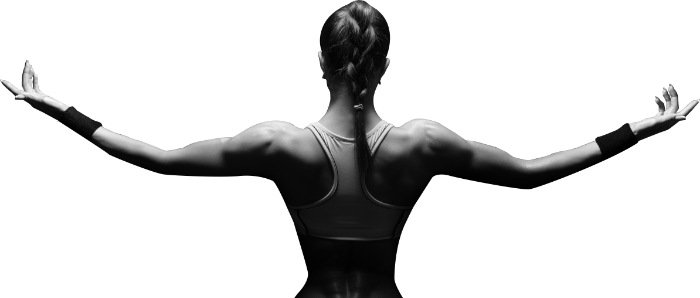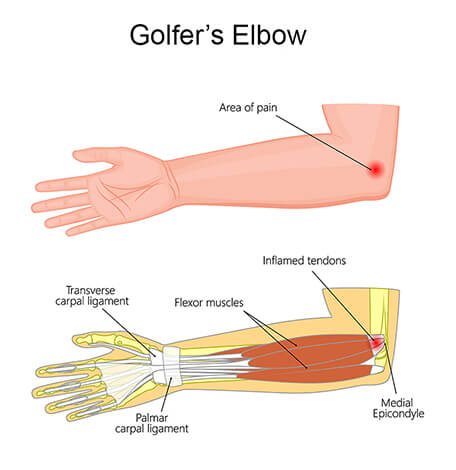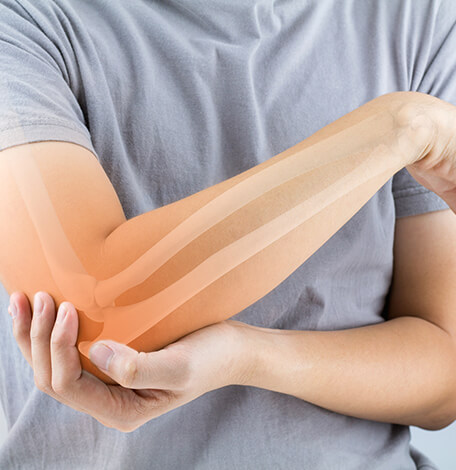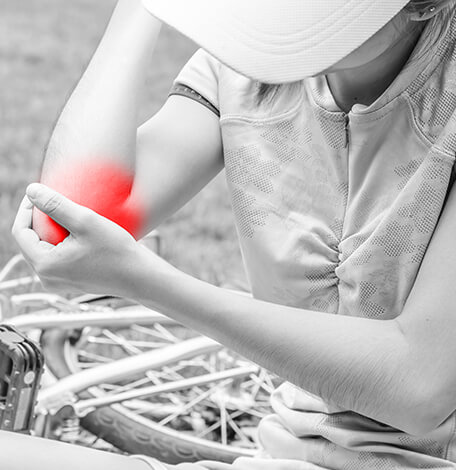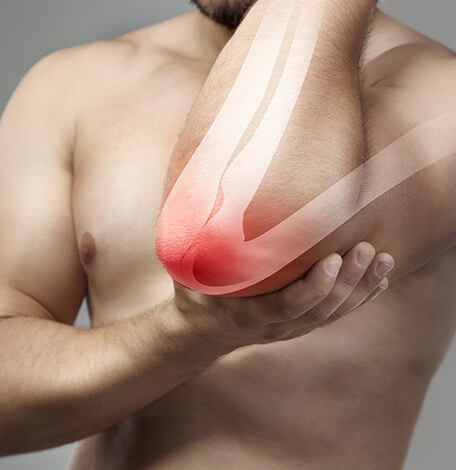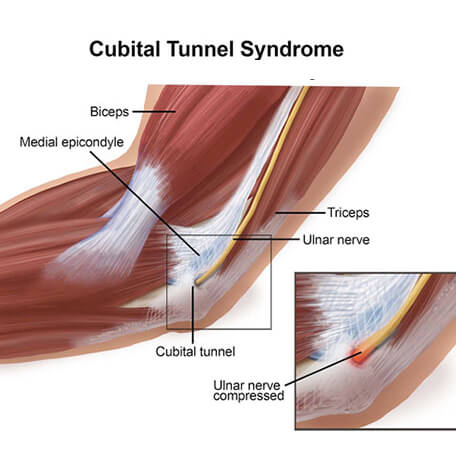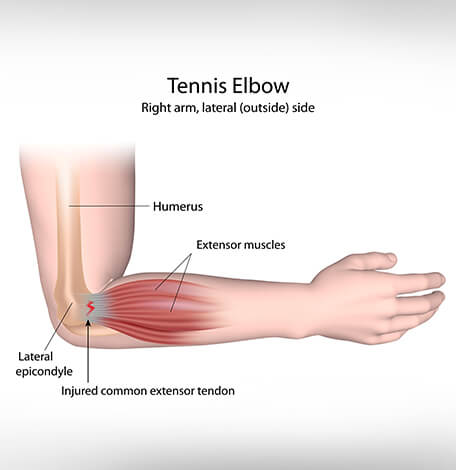
Tennis Elbow (Lateral Epicondylalgia) - Downtown Toronto Elbow Physiotherapy
Our Downtown Toronto elbow physiotherapy program sees a lot of tennis elbow. Tennis elbow, also known as a lateral epicondylitis, is a painful condition of the elbow caused by overuse. Playing tennis or other racquet sports can cause this condition. However, several other sports and activities can also put you at risk. It is an inflamm tenation of the tendons that join the forearm muscles on the outside of the elbow. The forearm muscles and tendons can become damaged from overuse such as repeating the same motions again and again. This leads to pain and tenderness on the outside of the elbow and a weak grip.

